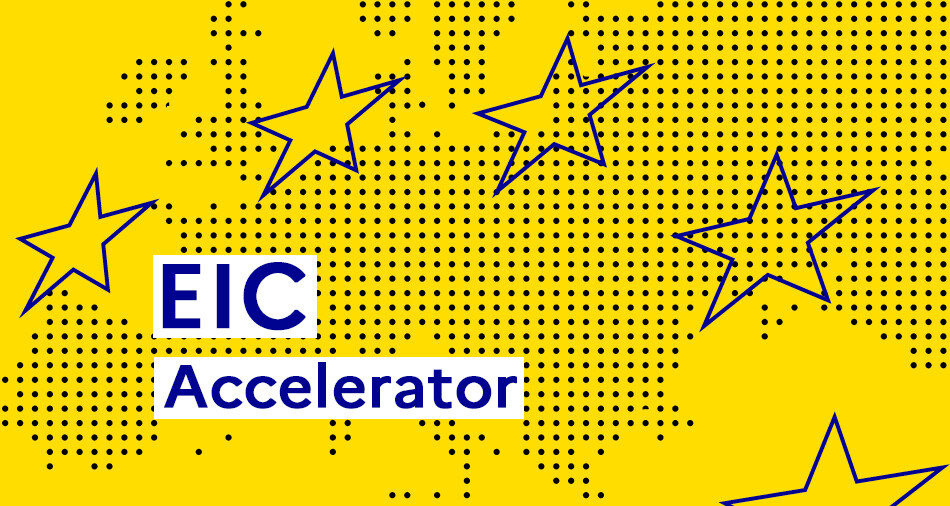ExpectedOutcome:
Projects results are expected to contribute to all of the following expected outcomes:
- Support to the implementation of the EU Strategy on Adaptation to Climate Change and the Mission on Adaptation to Climate Change, by enabling better informed adaptation plans and strategies at the regional and local level.
- Strengthen science-based decision-making when it comes to resilience and disaster risk management, including on the role of nature-based solutions.
- Stronger local adaptive capacity.
- Improved synergies between national, regional and local Green Deal objectives, in particular adaptation action.
- Better coordinated and more impactful R&I activities on adaptation modelling and risk assessment.
Scope:
The EU strategy on Adaptation to Climate Change[1] stresses the need to increase local resilience, as one of its key implementation actions. The Horizon Europe Mission on Adaptation to Climate Change has been launched in September 2021 with the aim to support at least 150 European regions and communities to become climate resilient by 2030. Yet resources and tools to address adaptation at the local level are often scarce. To improve the support to local adaptation action it is essential to increase the availability, reliability, accessibility and resolution of climate information, in combination with non-climatic natural and anthropogenic drivers, at local and regional scale considering local specificities.
Therefore, actions should:
- Develop and test user-friendly high-resolution climate physical risk assessments models. This could include improvements in data acquisition, modelling, tools and methods to increase resolution of global climate models and regional climate models in combination with local natural and anthropogenic stressors that underpin risk assessment modelling. Utilize and test relevant resilience models and assessment methods developed in previous R&I programme projects (including FP7 and Horizon 2020).
- Consolidate information and data on cost and effectiveness of adaptation actions (including from FP7 and Horizon 2020 projects[2]) at local level, in particular actions that integrate both adaptation and mitigation and in particular nature-based solutions that address both biodiversity and climate crisis. Carry out work to close the remaining knowledge gaps, particularly in bridging climate models with other earth system (natural and anthropogenic) processes. This should also feed into the knowledge basis of the Mission on Adaptation to climate change and be made available to all EU regions and communities. This work could include improvements in modelling, the design of adaptation pathways and other relevant tools in this domain.
- Facilitate quick access and operational guidance to knowledge from adaptation – including:
- Economic and social implications associated to climate risks.
- Cross-sectoral impacts of climate change and their associated uncertainties.
- The cost-effectiveness of adaptation actions, and the co-benefits or regrets associated to the actions.
- Impact and risk modelling for decision-makers and other stakeholders, in particular to support the development of robust decision-making under uncertainty.
- Draw-up a roadmap of R&I priorities on adaptation modelling and associated economic modelling, risk assessment, cost-effectiveness valuation and management tools towards a 2030-2035 timeframe.
To ensure assessments and tools developed by the projects are truly user-friendly, projects should consider participatory approaches to test such assessments and develop comprehensive and non-technical guides to use the results and outputs of the project(s), at regional and local level in representative cases of the climate regions of Europe[3].
The use of environmental observations and Earth systems models innovations funded by EU R&I programmes (FP7, Horizon 2020) is encouraged. This should include using data from the Copernicus Climate Change Services, and other relevant sources (such as GEOSS).
The project should closely coordinate with and integrate the results of the existing studies and evidence-based research, namely from projects from topic HORIZON-MISS-2021-CLIMA-02-03 “Towards asset level modelling of climate risks and adaptation”[4], HORIZON-MISS-2021-CLIMA-02-01 “Development of climate change risk assessments in European regions and communities based on a transparent and harmonised Climate Risk Assessment approach”[5], and the Study on Adaptation Modelling for Policy Support[6].
Proposals should include a mechanism and the resources to establish operational links with the Mission Adaptation to Climate Change Implementation Platform and Climate-ADAPT platform (run by the European Environment Agency (EEA) together with DG CLIMA) so project results can be fed into the platform for them to be used by Mission participants, namely regions and communities.
Coordination with the Destination Earth initiative should be explored to ensure the timely development of “climate replicas” utilising the new state-of-the-art IT infrastructure, including access to EU high performance computing resources and an operational platform to upload and integrate the models and data developed in the course of the projects.
The participation of social sciences and humanities is key to address the socio-economic, decision-making and local governance aspects of this topic. Furthermore, projects should consider the involvement of citizens and societal actors, to produce meaningful and significant effects enhancing the societal impact of the related research activities.
[1]COM(2021) 82
[2]Including projects under topic HORIZON-CL5-2022-D1-02-04: Supporting the formulation of adaptation strategies through improved climate predictions in Europe and beyond
[3]As presented in the Working Group II IPCC Report, Chapter 13: Climate Change 2022: Impacts, Adaptation and Vulnerability. Working Group II Contribution to the IPCC Sixth Assessment Report
[4]Funding & tenders (europa.eu)
[5]https://ec.europa.eu/info/funding-tenders/opportunities/portal/screen/opportunities/topic-details/horizon-miss-2021-clima-02-01
[6]https://op.europa.eu/o/opportal-service/download-handler?identifier=cfa86c26-764e-11eb-9ac9-01aa75ed71a1&format=pdf&language=en&productionSystem=cellar&part=





